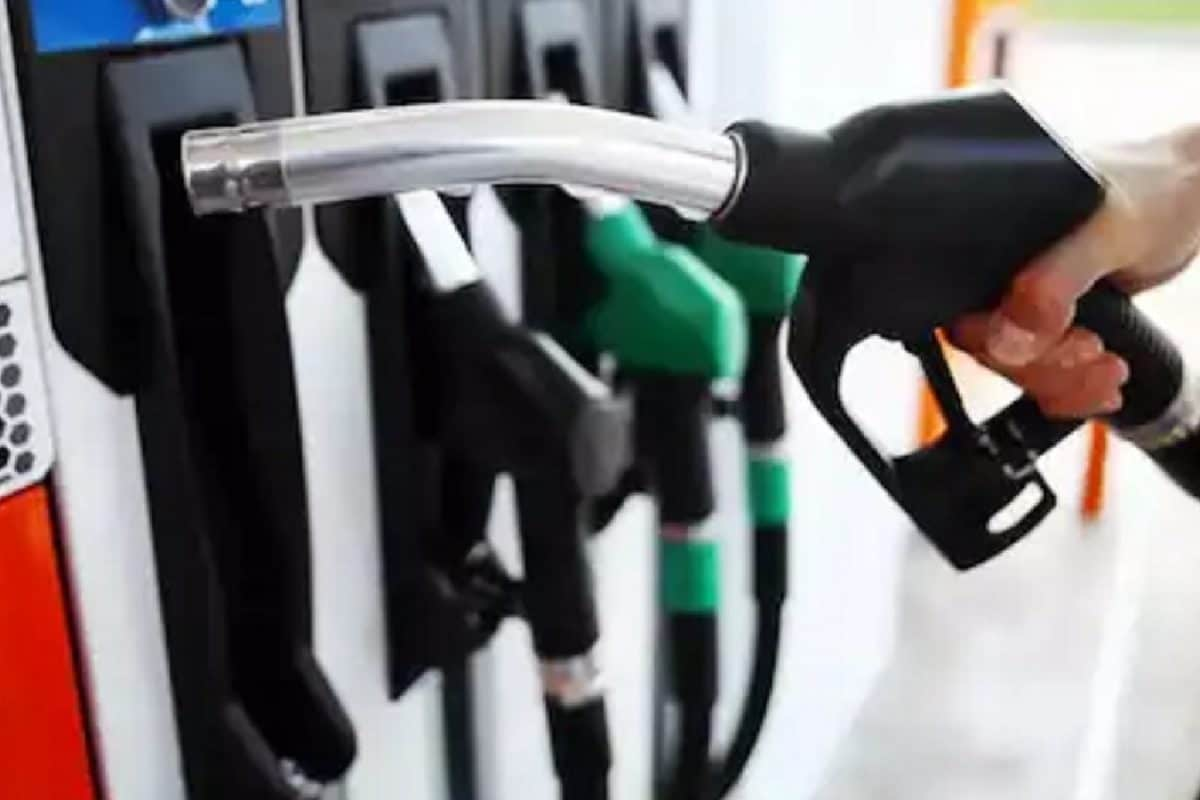

Fuel prices across India remained mostly stable today, June 17, 2025, offering some respite to consumers amidst fluctuating global crude oil prices. This stability follows a period of relative calm in the domestic market, with the last significant change occurring in March 2024 when petrol prices were reduced by ₹2 per liter.
In Delhi, petrol is currently retailing at ₹94.77 per liter, while diesel costs ₹87.67. Mumbai residents are paying ₹103.50 for a liter of petrol and ₹90.03 for diesel. Chennai sees petrol being sold at ₹100.80 per liter and diesel at ₹92.39. Kolkata's prices stand at ₹105.41 for petrol and ₹92.02 for diesel. These prices reflect the rates as of today, June 17, 2025, and are subject to daily revisions at 6 a.m.
The stability in fuel prices can be attributed to the continued practice of daily price revisions by oil marketing companies, such as Indian Oil Corporation. This dynamic pricing mechanism, implemented in June 2017, allows for even minute variations in global oil prices and exchange rates to be passed on to consumers. It takes into account factors like international crude prices, the rupee-dollar exchange rate, demand, and global trade flows.
The global oil market has been experiencing some volatility. West Texas Intermediate crude is trading above $73 a barrel, following a period of fluctuation influenced by geopolitical tensions, particularly concerns about potential escalation involving Iran and Israel which could disrupt crude oil supply. Brent crude, the global benchmark, saw a rise recently following reports of airstrikes but has since stabilized as tensions appear to ease.
In Punjab, petrol prices are holding steady at ₹96.54 per liter as of today. This price remains unchanged from yesterday and the previous month. These prices are also revised daily at 6 AM, a practice known as dynamic fuel pricing, introduced to enhance transparency and curb speculative practices. The petrol prices in Punjab are calculated considering various elements including the price of the Indian crude oil basket, refining and dealer margins, transportation costs, state value-added tax, and central excise duty.
Several factors influence petrol prices, including the price of Brent crude oil, the rupee-to-US dollar exchange rate, geopolitical risks, and supply-chain issues. The state levy, which varies across states, contributes to price differences across the country. Central excise duty adjustments can also significantly impact petroleum prices, with reductions helping to ease price pressures.
Consumers can stay informed about fuel prices through various apps and online resources that provide real-time updates. These tools help drivers find the most affordable options in their vicinity.